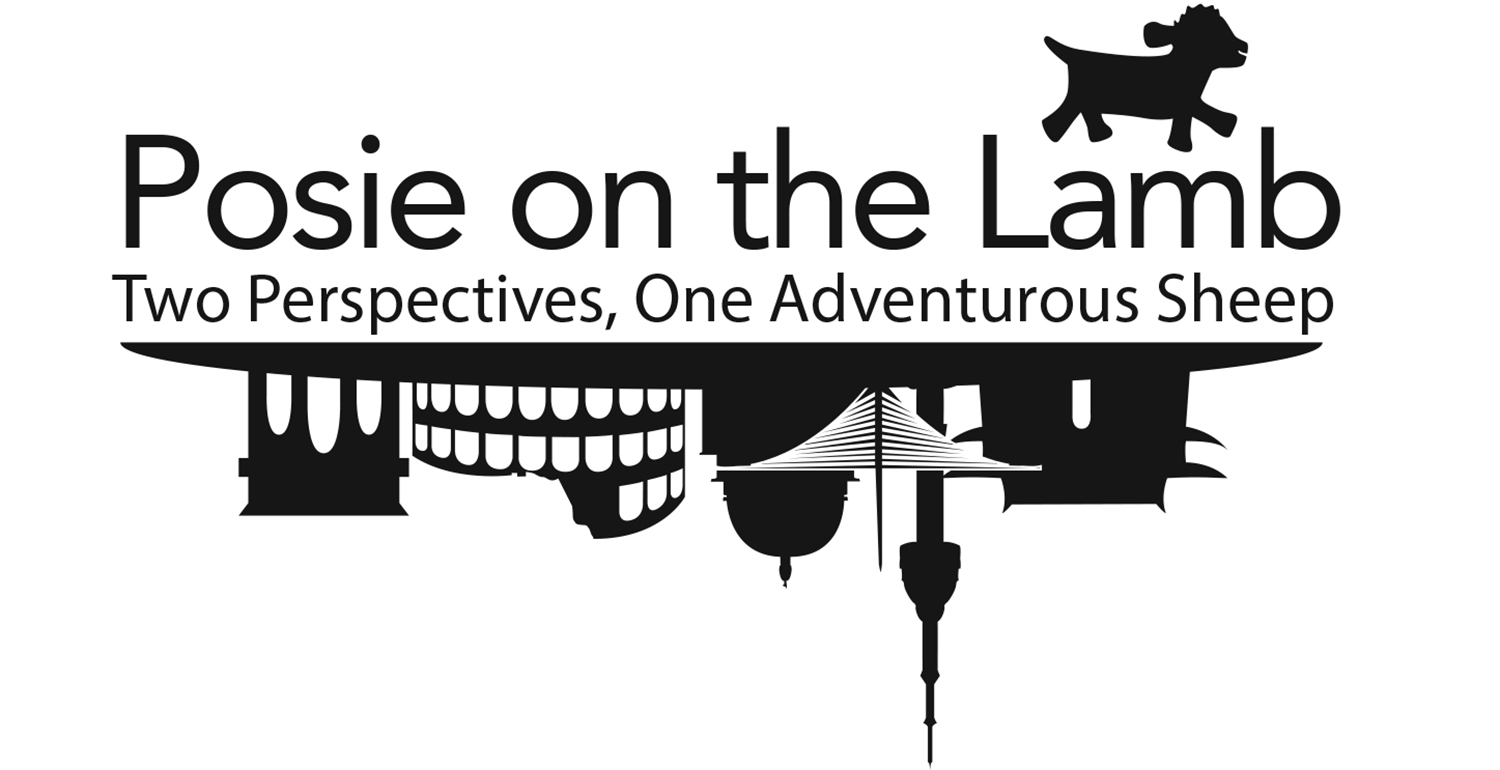Miscomprehensions

My work computer binged: one new message. It popped up as a blunt, unpunctuated scrawl:
you don’t care anyone
Sounds good, I typed back immediately. Thanks!
Then I thought a moment, reopened the message, and replied again: There’s coffee cake in the break room.^^
I was halfway to the tea kettle before it occurred to me that someone else might find that conversation seriously weird.
It’s funny how language works. I automatically knew the message wasn’t a slur against my character but reassurance that I didn’t have to coordinate the upcoming field trip.* (In standard English, “You don’t need to take care of anything.”) I can’t really explain how I knew this – I just did. After all, communication isn’t just about what you hear, but what you expect to hear. I expect mistakes. So, I hasten to add, does every Korean who’s met me.
Despite all our years in South Korea, I can’t say I speak Korean. I function in Korean: gritty capability over the quick-silver shimmer of fluency. I will probably never be fluent. I’ve learned enough to recognize how huge that goal is.
But communication? Now that I can handle. It takes years of effort to mess up as coherently as I do.
Korean and English – and we’re talking two of the world’s most difficult languages – don’t actually play that well together. It’s a square-peg-round-hole situation; you can make it work but there’s gonna be breakage. The important thing is to know how they break.
It was a life-changing moment when I realized that the Korean English-speakers in my life said “too” when they meant “very.” (In Korean the word 너무 is used for both.) It’s a tiny change, but think how profoundly it can alter a situation:
“Oh James,” she gasped. “It’s very big.”
“Oh James,” she gasped. “It’s too big.”
Yeah. There’s a difference. That’s what I’m saying.
Direct translation is an evil trap. Between slang, convention, and figurative language we say a lot of stuff we don’t mean. Imagine the disappointment that must well in the heart of an English learner when someone says “it’s a piece of cake” and there is no cake. Conversely, the same idiom in Korean (누워서 떡 먹기, eat rice cake while lying down) has prompted zero indolent snack breaks in my workplace. It’s a travesty.
And then there are the cultural twists. Translation apps can’t explain that when a Korean clerk inquires about your mode of transportation, he’s really asking how he can help you. That plural possessives indicate a close personal relationship and you don’t actually have to share “our husband.” That you haven’t missed something ominous when a conversation opens with “How about your mother?”
It’s weird how one picks up the quirks – of languages, learners, and friends in particular – and adapts to them. I feel like I haven’t surmounted the language barrier so much as plopped down on top of it to enjoy the view.
As such I’m starting to appreciate my own bizarre tics. For example, Korean sentence structure is the opposite of English. All the important info – the verb, tense, whether it’s a request, command, or invitation, and (mostly importantly) the level of courtesy – is crammed into the last few syllables at the tail end of the sentence. As a listener I rarely make it that far; my linear brain wants to puzzle out each word in the order presented. The only way I can keep up is by listening in caveman. “Should we eat lunch at 11:30 today?” registers as:
“We. 11:30. Eat.”
But when I reply, clarity comes second to that all-important ending. Korean has seven levels of honorific speech, and in any given situation six of them are wrong. This is especially pertinent when it’s the boss asking you to lunch – slip up on the sentence ending and there will be repercussions.
But a brain can only do so much, so I invariably ditch grammar for etiquette and end up speaking like a 19th century drunkard:
“Ah, therefore I shall choco pie eat later do for early to lunching.”**
You can see why fluency eludes me. But hey, mistakes are part of learning, so I try to speak as boldly as I do badly. I think this attitude encourages Koreans to try their imperfect English on me. And with both sides chopping word salad, the result is invariably delicious.
-Erin
FYI, ^^ is the Korean smiley face. And you can use the Korean letter U as a sad face: ㅠㅠ.
*Yes, this story dates from the pre-coronavirus era.
**The example above is purely academic. I never postpone a choco pie.
Got words? We’d love to hear from you. Hop on over to our Facebook page to leave a comment.
